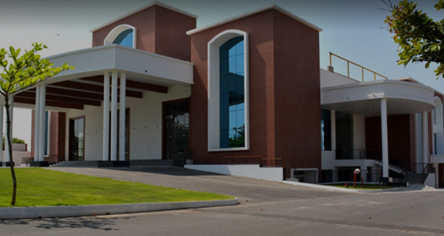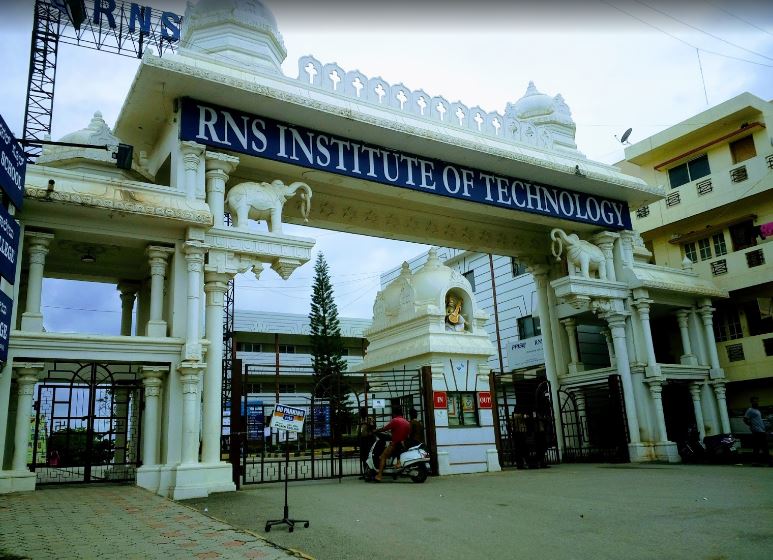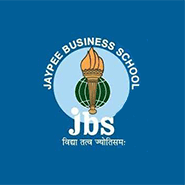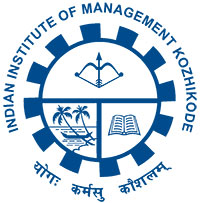The Department of Civil Engineering is proud to offer a Bachelor of Engineering course in Civil Engineering under VTU from 2014-15 with an initial intake of 60 students, under the guidance of the great visionary in Civil Engineering constructions, Dr. R N Shetty.
The Civil Engineering Department of RNS Institute of Technology, Bangalore, aims to be a center of excellence in technical education and innovative applications, providing excellent professionals with integrity, besides being useful to all the stakeholders.
The department aims to be the best-rated department in college and in the university disseminating globally acceptable education, effective industrial consultancy and relevant research output.
Project inception and design: Conceptualize the projects related to different fields of Civil Engineering, collect relevant data by direct and indirect methods, analyze the project requirement and design the project.
Draft specification: Select suitable/ feasible materials, prepare estimates and costs, schedule of work plans.
Experimentation: Apply knowledge of different fields of Civil Engineering, conduct experiments, analyze, interpret data, and design the system components.
Engineering knowledge: Apply the knowledge of mathematics, science, engineering fundamentals and an engineering specialization to the solution of complex engineering problems.
Problem analysis: Identify, formulate, reviewer search literature and analyze complex engineering problems reaching substantiated conclusions using first principles of mathematics, natural sciences and engineering sciences.
Design/development of solutions: Design solutions for complex engineering problems and design system components or processes that meet the specified needs with appropriate consideration for the public health and safety and the cultural, societal and environmental considerations.
Conduct investigations of complex problems: User Research-based knowledge and research methods including design of experiments, analysis and interpretation of data and synthesis of the information to provide valid conclusions.
Modern tool usage: Create, select and apply appropriate techniques, resources and modern engineering and IT tools including prediction and modeling to complex engineering activities with an understanding of the limitations.
The engineer and society: Apply reasoning informed by the contextual knowledge to assess societal, health, safety, legal and cultural issues and the consequent responsibilities relevant to the professional engineering practice.
Environment and sustainability: Understand the impact of the professional engineering solutions in societal and environmental contexts and demonstrate the knowledge of and need for sustainable development.
Ethics: Apply ethical principles and commit to professional ethics and responsibilities and norms of the engineering practice.
Individual and teamwork: Function effectively as an individual and as a member or leader in diverse teams and in multidisciplinary settings.
Communication: Communicate effectively on complex engineering activities with the engineering community and with society at large such as being able to comprehend and write effective reports and design documentation, make effective presentations and give and receive clear instructions.
Project management and finance: Demonstrate knowledge and understanding of the engineering and management principles and apply these tone’s own work as a member and leader in a team to manage projects and in multidisciplinary environments.
Life-long learning: Recognize the need for and have the preparation and ability to engage in independent and life-long learning in the broadest context of technological change.
Technical adeptness: The Civil Engineering Graduates will be technically adept to specific fields and other disciplines. like Physics, Mathematics and Management towards Planning, Design, and Costing. Their technical skills and knowledge will enable them to perform their work with a commitment and quality, timeliness with continuous improvement.
Interpersonal Skills: Civil Engineering Graduates will exhibit effective interpersonal skills in teams and at work place.
Awareness of Social impact: Graduates will be made aware of causes of impacts due to the development and also to identify remedial measures if necessary.
Professionalism: Understanding of professionalism, ethics, quality performance, sustainability and allow them to be professional leaders and contributors to society through their problem-solving capabilities and executing the work.
Continuous Learning: Civil Engineering Graduates will exhibit interest in lifelong learning including studies leading to professional licensure or higher studies in engineering that provides for continued development of their technical ability and management skills.






